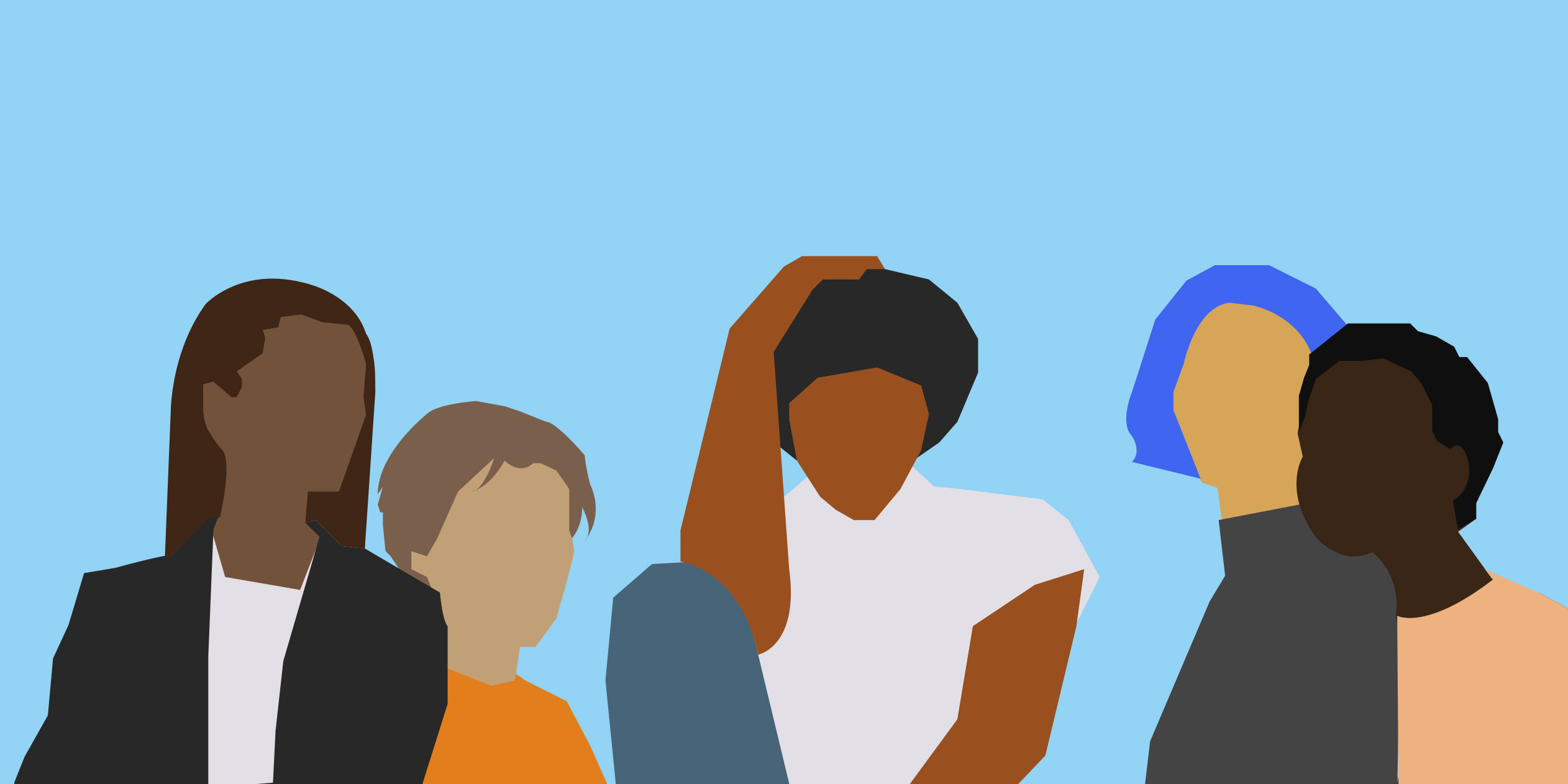Gendered Violence & Coping Resources in LA

Trigger Warning: Sexual Assault
On Thursday evening, Oct. 23, 2019, Campus Assault Resources and Education (CARE), one of UCLA’s many on-campus counseling services, held a panel to promote discussion about gendered violence. According to their website, the initiative is “committed to the eradication of sexual and gender-based violence through creating and sustaining a safe, healthy, and equitable community for all people.” Throughout the evening, the diverse circle shared personal stories, research, resources, and art that contributed to the conversation about gendered violence. The panel’s leaders defined gendered violence as violence directed towards an individual based on their gender. Throughout the evening, one primary question guided the discussion: how do we foster a more healing-focused environment in our campuses and surrounding communities?
The first strategy discussed to create a healing-centered environment was education, specifically about campus resources. The Counseling and Psychological Services (CAPS), allows for six free visits for UCSHIP members and other accepted insurances, and information discussed at CAPS remains anonymous. The Rape Treatment Center at the UCLA Santa Monica Health Campus provides free medical and forensic examinations to everyone in the Los Angeles area with no identifying information necessary for treatment. Resilience in the Student Experience (RISE) holds programs including mental health leadership trainings, mindfulness hours, and journaling workshops for survivors of sexual assault. CARE is another source of confidential counseling geared towards victims of sexual assault. For those who cannot physically attend in-person sessions, LiveHealth offers video sessions with therapists. Other specific programs, like the EMGR-guided “Active Healing” led by psychologists at CAPS, create safe spaces for female survivors of sexual assault. More resources are available on campus, but improving our knowledge of them is crucial in case we or somebody we know gets hurt.
Despite the plethora of resources, several structural problems persist in the way psychological care is set up for sexual trauma patients. The panelists noted that often the communities able to provide accessible help are not the ones most affected by the problem, in part due to the celebration of white activism in mainstream media. To elaborate on this point, the panelists drew from the example of anti-gun activism. A movement originally spearheaded by Black activists became national headlines only after the #MarchForOurLives founders spoke out about their personal experiences with the Parkland Shooting. The panelists described how while these children’s experiences and opinions are significant and valid, the perspective of the Black community, who face police brutality and increased gun violence every day, are marginalized.
The first rape treatment center was founded by Black women in Washington, DC and was ultimately co-opted by larger institutions that continue to oppress Black communities. The surge in movements led by people with higher levels of privilege than those who truly experience the worst of each respective problem has created a narrative that often undermines the voices of women of color and non-binary survivors who fall at the intersections of multiple axes of oppression.
As is the case with many issues, gendered violence is laced with intersectional concerns, such as the disparities in the treatment of both survivors and perpetrators of sexual violence based on skin color. Throughout the panel, attendees personally affected by gendered violence anonymously identified that their primary reason for not reporting their assaulters was not wanting to imprison a person of color. This standpoint illustrates how the issue becomes inevitably intertwined with anti-policing and police brutality towards people of color. While the issue of police bias and brutality extends beyond the scope of this article, racial and gendered biases play a crucial role in the willingness of survivors to turn to law enforcement for safety and support.
As the discussion continued, the panelists moved on to highlight the people of color that brought alternative healing spaces into western mental health practices. One focus was Yoga, an Indian practice of mindfulness, spirituality, and wellbeing. The yogic emphasis on mindfulness and holistic healing provides an alternative to medication and talk-therapy, allowing people who are not traditionally accustomed to formal counseling services to still have a safe space to heal. Yoga is one of many alternative practices offered by counseling resources at UCLA, with others incorporating art, music, and writing into their frameworks.
Gendered violence is a multifaceted issue that could take hundreds of academic papers to unfold. The steps to promote inclusive healing spaces extend beyond educating the community about resources and must include acknowledgement of the oppressed communities that experience the issues at higher rates than others. By incorporating their narratives into the mainstream definitions of gendered violence and healing practices, we can move past using privileged white women as the headlines for social activism.




